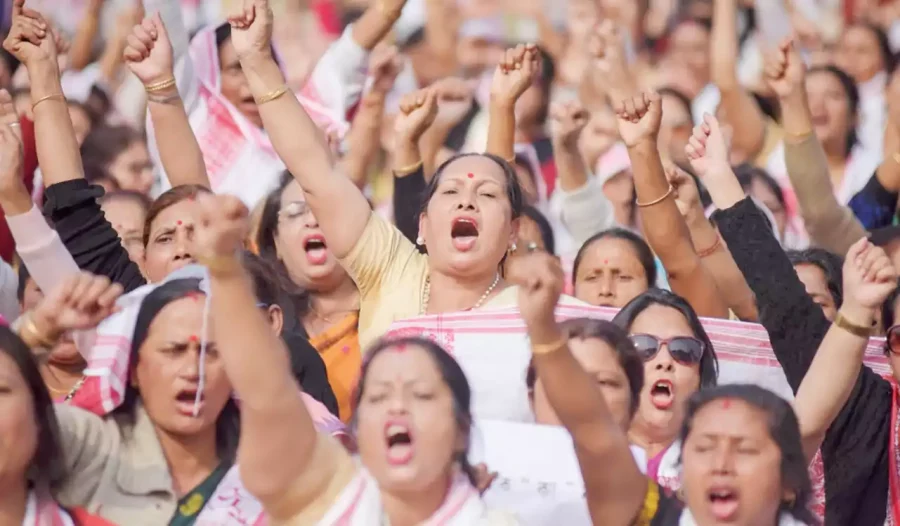Amnesty International, Charity and Security Network and Human Rights Watch has urged the Financial Action Task Force (FATF) to call on the Indian government to stop prosecuting, intimidating and harassing human rights defenders, activists and non-profit organisations on the pretext of countering terrorist financing.
The global human rights watchdog, in its latest report, said that FATF members would start their fourth periodic review of India’s record on tackling illicit funding on November 6. It said that Indian authorities exploited FATF’s recommendations as part of a coordinated campaign to restrict civic space and stifle the rights to freedom of expression, association, and peaceful assembly.
The Indian government has particularly targeted human rights groups and activists working to protect the rights of the most socially and economically marginalized populations.
“Draconian laws introduced or adapted to this end include the Foreign Contribution (Regulation) Act (FCRA), the Unlawful Activities (Prevention) Act (UAPA), and the Prevention of Money Laundering Act (PMLA). Their actions have flouted both FATF’s standards and international human rights law,” it said.
“The Indian authorities have weaponized laws to crack down on the human rights work by HRDs, activists and non-profit organizations in the country,” said Aakar Patel, chair of board at Amnesty International India.
They were using bogus foreign funding and terrorism charges to target, intimidate, harass and silence critics, in clear violation of FATF standards, he added. The Indian government also enacted the 2002 Prevention of Money Laundering Act (PMLA) to satisfy membership conditions set by the FATF.
In recent years, the report said, authorities used the law to attack, intimidate and harass human rights defenders, activists and non-profit organizations by supplementing the charges under FCRA, seizing their properties, and burdening them with stringent bail conditions.
“Amnesty International India has been subject to action under the PMLA through the freezing of its bank accounts in September 2020, putting its work on hold for the past three years, without funds to even secure effective legal representation,” it added.
Meenakshi Ganguly, Deputy Asia Director at Human Rights Watch said, “India’s three laws together have created a dangerous arsenal with debilitating consequences for civil society and human rights activists.”—APP









